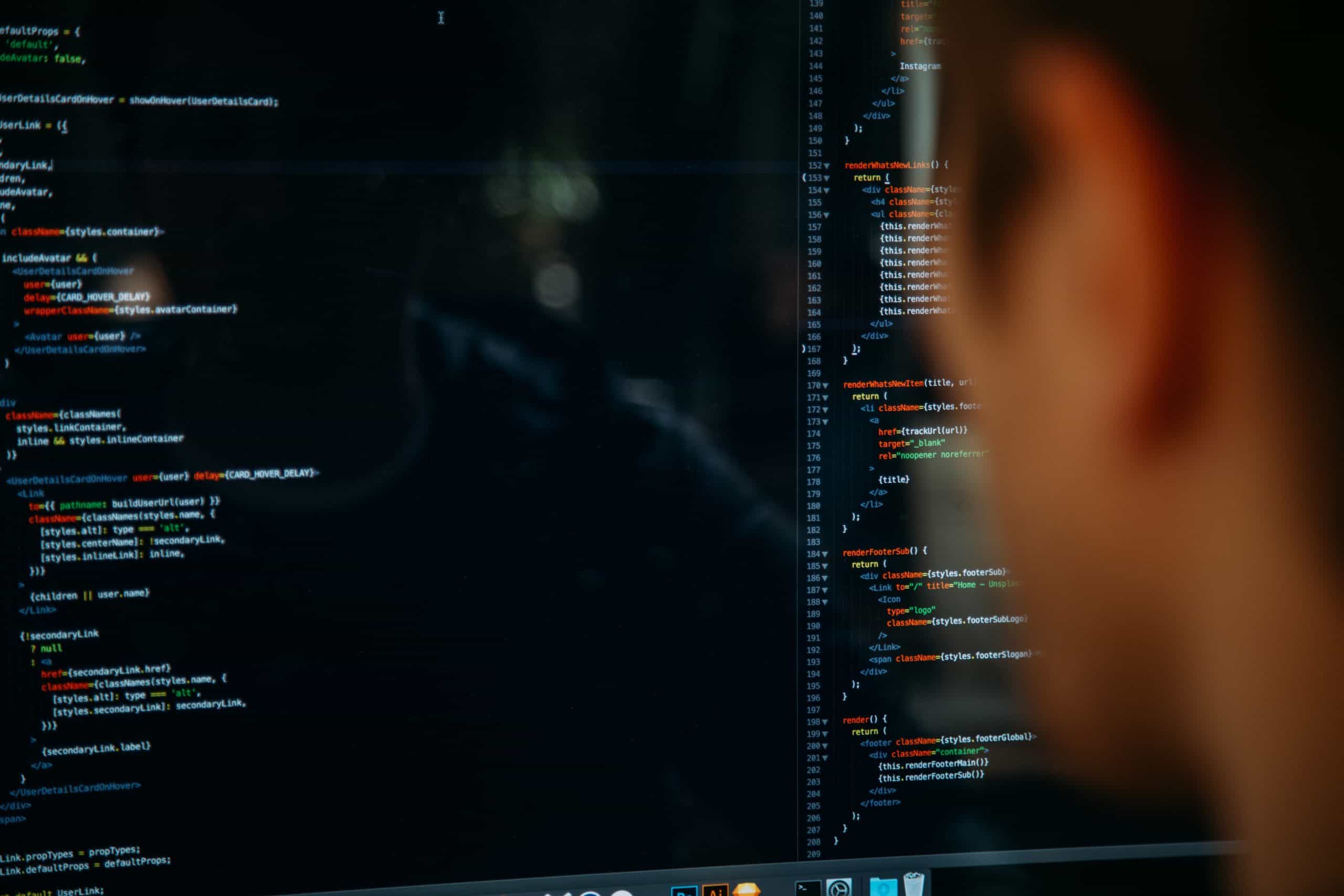
Hacking for good: the rise of ethical hackers
Yesterday marked the start of the 25th DEF CON conference – one of the largest hacker conventions, held annually in Las Vegas. Over the next three days, hackers and cybersecurity experts from around the globe will converge on the infamous Sin City for ‘the Olympics of hacking.’ Whilst some attendees may use their skill to commit crime, many are ‘white hat’ or ethical hackers.
When my sister first told me she knew of someone studying Ethical Hacking at university a few years ago, I thought she was pulling my leg. Admittedly, at the time, the term ‘hacker’ conjured images of a hoody-wearing geeky teenager who spends most of the time in his darkened bedroom, tapping into MI5 systems or creating malware to wreak havoc in our digital lives.
But this outdated image has changed – not just for me but for the wider industry. In recent years we’ve seen the rise of ‘white hat’ hackers: security professionals who hack for good to improve cybersecurity, instead of compromising it like their ‘black hat’ counterparts. Their playground is conventions and hackathons like DEF CON and others such as BlackHat, SchmooCon, and AngelHack – where the hacker community gather to compete, share knowledge and meet like-minded people. Even the US and Indian governments, as well as consumer-facing companies such as Mastercard and British Airways have recently held hackathons.
The fact that ethical hacking is an increasingly in-demand profession, and the growing popularity of events like DEF CON, comes as no surprise when you consider the countless security breaches that have hit our headlines and news feeds in recent years. The recent WannaCry ransomware attack, which affected over 250,000 systems in 150 countries around the world, is one only example. Global financial losses from the hack are estimated to swell beyond a staggering $4 billon. However, this is only the tip of the security iceberg. By 2021, estimates predict the price of cybercrime will reach £4.9 trillion per year. But with the growth of the Internet of Things (IoT) and its adoption by critical industries such as automotive, healthcare and agriculture, cyber-attacks could have a much more devastating effect on human life.
To fight these future threats, companies are turning to white hat hackers like Jamie Woodruff, famous for hacking Kim Kardashian, to get into the minds of hackers and use similar tactics and tools to penetrate company defences, and expose potential security holes. Even social giant Facebook now offers rewards for ethical hackers who find flaws in their systems.
So what does the future hold for ‘white hat’ hackers? In the US alone, as of 2016, the ethical hacking industry was already worth more than $4 billion. More and more businesses and consumers are starting to realise that data is what makes the world go round. As such, we can expect the demand for the next generation skills needed to protect individuals and companies against data breaches will skyrocket. With no one wanting to be caught out, investment will need to be made, and this may well fall in the remit of the new breed of cybersecurity professionals and their white hats.





